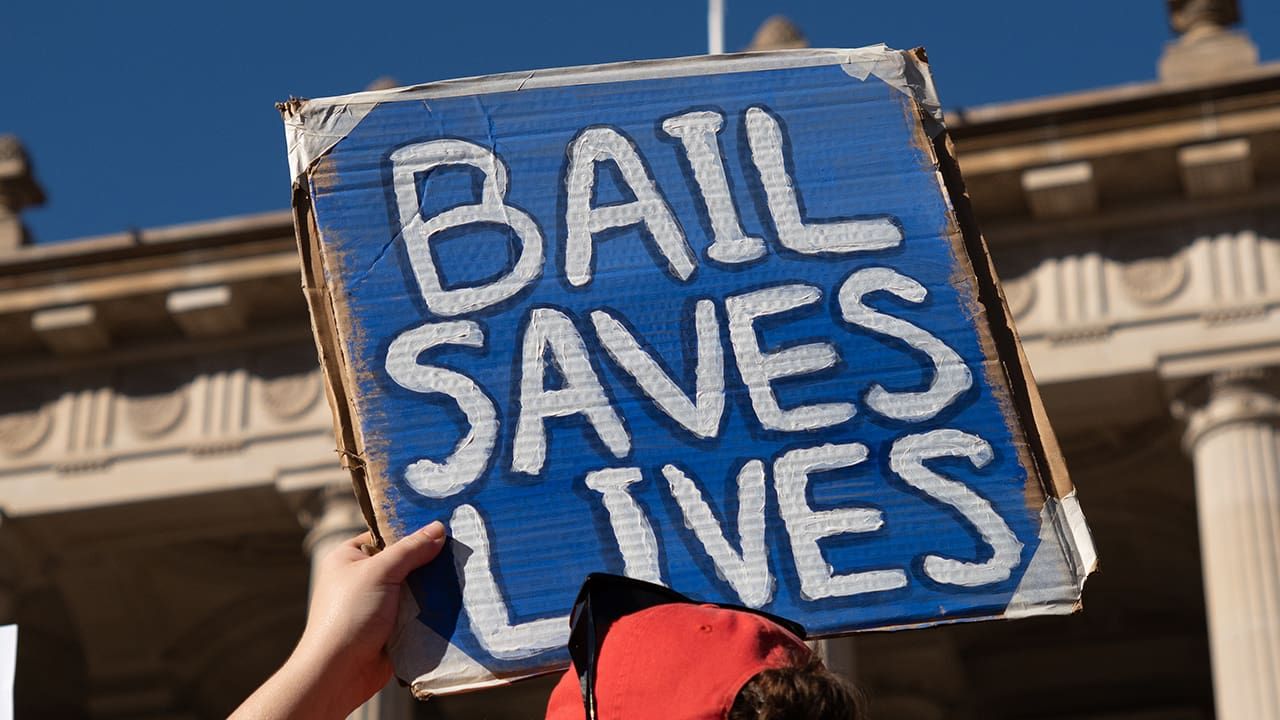Rights to be a Bigot Abandoned
Kells Lawyers • February 3, 2016
As it stands, the current section 18C of the Racial Discrimination Act serves to protect minority groups from offensive behaviour because of race, colour or national or ethnic origin. The Act makes it illegal to offend, insult, humiliate or intimidate another person or group of people because of their race, colour or national or ethnic origin.
However, it is important to note that this not a criminal offence, and victims may only institute civil proceedings. Also very few victims have sought the use of this section. Perhaps the most notable use of the section was the charges brought against Andrew Bolt after he had made comments about light skinned Indigenous people.
The Federal Government sought to amend this section on the basis that it was a piece of legislation that made it “illegal to hurt someone’s feelings,” as noted by the Attorney-General, George Brandis. Senator Brandis also noted that laws such as Section 18C, should not be used as a “vehicle to attack legitimate freedoms of speech.” The amendments proposed by the Federal Government lessened the protection for minority groups and made it increasingly difficult to bring action under this section in the name of ‘protecting free speech.’
The changes proposed to section 18C were to remove ‘offend, insult, humiliate or intimidate’ and replace them with only ‘vilify’ or ‘intimidate.’ Further restricting the protection of the section was a requirement that the conduct alleged to be ‘vilifying’ or ‘intimidating’ was to be determined with reference to the “standards of an ordinary reasonable member of the Australia community, not by the standards of any particular group within the Australian community.”
Further, a person could not be found guilty of an offence if they were ‘vilifying’ or ‘intimidating’ in the context of participating in a “public discussion of any political, social, cultural, religious, artistic, academic or scientific matter.” This qualifier makes it extremely difficult to bring any action under this section as there is arguably no discussion that could not be defined within one of these exceptions.
Under these amendments Senator Brandis believed that freedom of speech would flourish and racial vilification and intimidation would not be tolerated. However, the popular tagline of “the right to be bigots” quite aptly described the effect of the legislation in seeking to water down the previous provisions of the Racial Discrimination Act.
The Federal Government’s decision to scrap the amendments to the Racial Discrimination Act is largely viewed as a win for minority groups and their protection from insults, humiliation or intimidation.

Kells has been delivering outstanding services and legal expertise to commercial and personal clients in Sydney and the Illawarra region for more than five decades. Our lawyers are savvy and understand your needs.
Subscribe
Want to get the latest articles and news delivered to your inbox?




